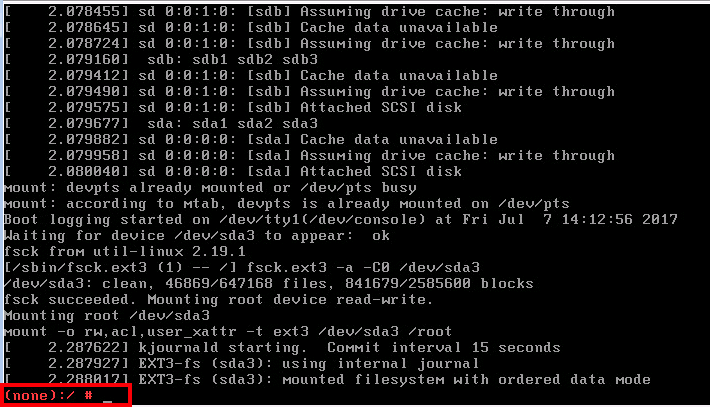

The special character &Ĭan be used to represent matched strings. Replacements strings are used by vi and sed.
The -n option gives the line number where the pattern occurs. The characters <, >,, and & are four examples of special characters that have particular meanings to the shell.To locate all line that have the word title in The grep command uses a compact non-deterministic algorithm. The patternsĪre regular expressions in the style of the ed. Parameter and writes each matching line to standard output. The grep command searches for the pattern specified by the Pattern These special characters are usually alpha-numeric in. ^func will find any line that begins with func.ĭo not confuse ^ outside of with ^ inside of. Characters that have special meaning for utilities like grep, sed and awk are called metacharacters. Represents the beginning of line only when it is the first character

Represents the end of line only when it is the last character in Special characters are the regular expressions used in commands to perform several actions like, ,, &,, , etc. For example b* will match any sequenceĪnchors are used to denote a position in a line. matches any character that is not a digit. Inverts a character class when used in the notation. So b.ll with match ball,bell or bull.ĭefines a character class. No regular expression will match a newline. Alphabetic and numericĪ meta character does not represent itself unless it has been immediately

If your terminal supports colors, throw colors on as well, grep -color=auto -P is the explanation of my regex from regex101.A pattern matching notation used by ed,sed, awk, vi and other programs.Ī regular expression is composed of regular and meta characters that (With just one backslash in front, the shell would remove the backslash, grep would see an unescaped dollar sign meaning end of line, and match any input line.) This uses Perl regular expressions, which can be used with GNU grep with the -P option: grep -P that you need two backslashes in front of the dollar sign, as it has a special meaning in the shell, and the first backslash will escape it for the shell.
#Grep special characters windows#
A great resource practicing, learning and checking your Regular Expression is . Try vi with the -b option, this will show special end of line characters (I typically use it to see windows line endings in a txt file on a unix OS) But if you want a scripted solution obviously vi wont work so you can try the -f or -e options with grep and pipe the result into sed or awk.
#Grep special characters full#
You can use full regex to find special characters inside of square brackets if your looking for one character that is a special character. This matches a single character from the set which is a larger set than what's given in the question (it additionally contains "-.^_`~), but is all the "punctuation characters" that POSIX defines. Using a single quoted string instead of a double quoted string, which gets around most of the annoyances with what characters the shell interprets: grep the only thing to remember, apart from the placing of the ], is that a single quoted string can not include a single quote, so instead we use a concatenation of three strings:Īnother approach would be to use the POSIX character class ]. The command above would extract any line that contained at least one of the characters in the bracketed expression. Also, if you want to include a backtick `, it too must be escaped as \` as it starts a command substitution otherwise. Would you want to include a backslash in the set, you would have to escape it as \\ so that the shell gives a single backslash to grep. For this reason, we escape the $ as \$ which will make the shell give a literal $ to grep, and we escape ! as \! too as it's a history expansion in bash (only in interactive bash shells though). Since we use a double quoted string, the shell will poke around in it for things to expand. The only other thing to remember is that a single quoted string can not include a single quote, so we use double quotes around the expression. I opted to put the ] first and the [ last for symmetry. Grep a bracketed expression,, very few character are "special" (only a very small subset, like ], - and ^, and the three combinations in, the ] must come first (possibly after a ^).


 0 kommentar(er)
0 kommentar(er)
